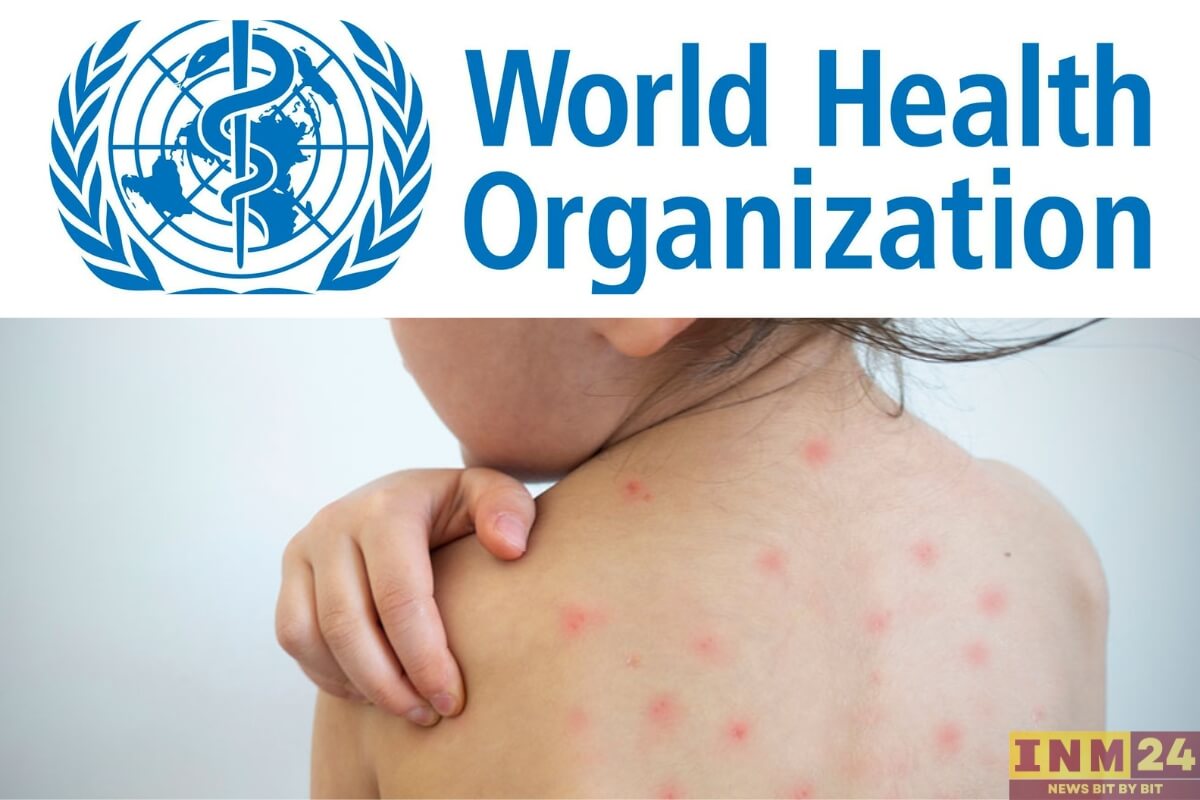The World Health Organization (WHO) has issued a concerning report indicating a significant surge in global measles cases. According to the latest data, there has been a staggering 79% increase in measles cases worldwide compared to the previous year. This alarming trend underscores the urgent need for intensified efforts to control and prevent the spread of this highly contagious and potentially deadly disease.
Rising Incidence of Measles
Measles, a viral infection characterized by fever, rash, cough, runny nose, and red eyes, poses a significant threat to public health, particularly among young children and unvaccinated individuals. Despite the availability of safe and effective vaccines, the incidence of measles has been on the rise in recent years, fueled by factors such as gaps in vaccination coverage, vaccine hesitancy, and challenges in reaching vulnerable populations with immunization services.
Global Impact
The increase in measles cases is not confined to any specific region but has been observed across multiple countries and continents. This global resurgence of measles poses a serious threat to progress made in reducing the burden of the disease and achieving measles elimination targets set by the WHO and partner organizations. The continued circulation of the measles virus puts millions of lives at risk and undermines efforts to strengthen healthcare systems and improve public health outcomes worldwide.
Consequences of Measles Outbreaks
Measles outbreaks can have devastating consequences, leading to severe illness, complications such as pneumonia and encephalitis, and in some cases, death, particularly among young children and individuals with compromised immune systems. Beyond the immediate health impacts, measles outbreaks also place a strain on healthcare resources, disrupt healthcare services, and contribute to social and economic disruptions in affected communities.
Addressing the Challenge
To combat the resurgence of measles and prevent further outbreaks, concerted efforts are needed at the global, regional, and national levels. Key strategies include:
- Strengthening Immunization Programs: Enhancing routine immunization coverage and implementing supplementary vaccination campaigns to reach underserved populations and high-risk groups.
- Addressing Vaccine Hesitancy: Addressing misinformation and misconceptions about vaccines through education, communication, and community engagement initiatives.
- Enhancing Disease Surveillance: Improving measles surveillance systems to detect and respond to outbreaks promptly and effectively.
- Ensuring Access to Healthcare: Ensuring equitable access to healthcare services, including vaccination, diagnosis, and treatment, for all individuals, regardless of socio-economic status or geographical location.
The sharp increase in global measles cases serves as a stark reminder of the importance of sustained investment in measles prevention and control efforts. By strengthening immunization programs, addressing vaccine hesitancy, and enhancing disease surveillance and healthcare access, we can work together to reverse the tide of measles resurgence and protect the health and well-being of communities worldwide. As we confront this challenge, collaboration among governments, healthcare organizations, civil society, and communities will be essential in achieving the goal of measles elimination and securing a healthier future for generations to come.
